At the core of Betty Who, pristine pop star, is Jessica Newham, brutally honest singer/songwriter. Though integral to Who's crafted musical identity, her polished synth-driven production primarily serves as a package to deliver Newham's walls down lyrics. This isn't to say the two are mutually exclusive--they need each other to be successful, naturally dancing together in one hyper-emotional pool of electric '80s-tinged instrumentals, soaring larger-than-life melodies and painfully relatable narratives.
Related | Women in Power-Pop: 50 Musicians Taking Over
On Who's newly released sophomore album, The Valley, the Australian artist wrestles with all this, picking up where she left off on her 2015 breakout, Take Me When You Go. Much like her debut, Who's latest 13-track effort centers on love, but tackles the intimate subject with far less helpless vulnerability and more untouchable strength. Whereas before, she was on her knees begging for a lover to care on cuts like "Dreaming About You" and "Missing You,"The Valley sees a matured Who fully knowing her self-worth and being chased by the lover.
Related | Betty Who Serves Major Choreo in New Brit Spears-Inspired 'Mama Say' Video
"You know you love a pretty girl with a twisted mind," she sings confidently on her Britney Spears-inspired single, "Mama Say." Who even offers advice, telling a friend, "You Can Cry Tomorrow" on the album's glistening standout--"I've got a bottle of Moscato, you'll be drunk until tomorrow," she promises. But Who's signature sound and lyrical vulnerability are best captured on "Pretend You're Missing Me," where the Aussie unpacks dramatic lines like, "I see you smile and it keeps on cutting deeper; is it just me that hurts?" before the track erupts into a grizzly, explosive breakdown that's equally empowering as it harrowing--a seamless balance of both "pristine pop star" and "honest singer/songwriter."
OUT sat down with Betty Who to discuss navigating the pressures of a major label, isolating herself in California while writing The Valley and giving her whole heart on this effort, but only for those who deserve it.
OUT: I've enjoyed watching your career growth since the viral "Somebody Loves You" proposal video, because everything is happening very organically--nothing seems fake or forced.
Betty Who: For better or for worse, I have yet to have this big, I was playing for 500 people and now I'm playing for 80,000. It's more like, now I'm playing for 2,000 people. Every time I come back [to a city] and play a show, it's for 200-300 more people. There's something that is so rewarding about that path, even though it feels like sometimes it's harder than it should be. But I'm actually getting out to meet people; I'm actually getting out to play shows for people. It's the only reason I do what I do, right? It's not for all the other shit, I don't care about that stuff. I love playing shows and love making music that makes me really proud and happy.
When you're signed to a major label, such as RCA Records, I'd imagine there's pressure to submit to what's likely to make you an immediate star, but I was happy The Valley still sounds like an authentic Betty Who album.
I think everybody would love it if I backed off a bit creatively, but I never will. I'm protective over many things, but mostly my music. If someone's like, "You should wear this," and I'm like, "I don't know," and they're like, "No, you look good," I'm like, "Okay, whatever." But if they're like, "You should sing this," and I'm like, "I don't know," and they're like, "No, you should," I'm like, "Sorry, I'm not doing it." That's why I sing my own music. Since the beginning, the lyrics have literally been like pages out of my journal, so I think my level of vulnerability is very obvious in the album. I think you learn maybe too much about me from the record because I'm telling very honest stories.
Do you feel pressure to deliver hits to RCA?
I probably piss so many people off because I'm like, "Well this is the song and if you don't like it, that's too bad." I'm not very receptive, for better or worse--not receptive to notes. I will listen to everything and I'm always open to suggestions, but I will kindly decline to take any of them. I'm not really afraid of anybody's feedback because most of the time I go, "I really love this song," and if someone goes, "I don't," I'm like, "That's a different of opinion." I try to stand by my gut around music because mostly I have no idea what I'm doing and sticking by my gut has gotten me to where I am now.
You worked in sessions with groups of songwriters for this album. Was that a new experience for you?
Co-writing is not new to me because I did it a lot on the first record, as well, but the level at which I was co-writing was new. I was working with some people, who are my favorite people in the industry. I'm such a fan of pop music and so deeply, emotionally involved. I went into these sessions going, "I have to work harder and be better and deserve to be here," because I don't know if anybody in a job like this or in an industry like this. There's no, "You start here, move here and then do this next"--there's no formula for how you're supposed to do it.
So sometimes your self-worth can get really muddled because you're like, "A part of me thinks I'm the best person ever," because you have to believe in yourself enough to want to do it, right? But then the other part of me thinks that I'm fucking trash and why am I here? That's really conflicting and I took a lot of that into sessions going, "Okay, I have to impress these people and also still be myself," so it's quite conflicting. I learned a lot about my own writing style and about my own strengths and weaknesses, and where to say something and where to back off.
One of my favorites off the album is "Make You Memories," which you co-wrote with queer songwriter Justin Tranter.
I think "Make You Memories" is amazing, but you're the first person to tell me it's their favorite. I think it's a dark horse; I think people are going to hear other stuff and be like, "yeah!" and then circle back to "Make You Memories."
Well, "Make You Memories" is tied with "Pretend You're Missing Me." They remind me, in a way, of "Glory Days" off Take Me When You Go.
I think "Glory Days" is way more happy sounding; "Glory Days," to me, is the song I have that's like, slam you in the face, I am a pop girl--if I were to go all the way teenage. And "Make You Memories" and "Pretend You're Missing Me" feel way more edgy, actually. But I think that's lyrically how they feel. "Pretend You're Missing Me" is literally one of the saddest songs on the record, but it's disguised as this cool pop song--I'm obsessed with the drop, I think it's so hot. But then when you actually listen to the lyrics, it's really sad.
Painful pop...
Totally, and then "Make You Memories" is about stealing and trapping a man. Emotionally they're all so different, but I think the through line you're hearing is just that it's my voice. I don't mean my singing voice, I mean my writing voice. All three of those songs, I was super involved--I'm super involved with every song.
Tell me about the song, "Beautiful," which is another standout on The Valley.
I wrote that song the day after the shooting happened in Orlando at Pulse. I had a session scheduled and I was so moved and devastated by what happened, and I went into the session--I really didn't want to be there. It was with one of my best friends, so he was kind of like, "Get your shit together, let's do it." I was like, "I'm just tired and sad," and he was like, "let's write about it." I was like, "How do we taking something so awful and turn it into something that is special and makes you feel good?"
Related | OUT100: The Survivors and Heroes Of Pulse
The whole first verse of that song is literally me. I deal with just as much, if not more, self doubt and bouts of depression and confusion and sort of, "What am I doing with my life?" I literally am just as much a mess as anybody else, so I think that kind of lack of self-assuredness played a big role in making this record.
Is "You Can Cry Tomorrow" about your own personal experience?
"You Can Cry Tomorrow" is about one of my best friends, who has shitty taste in men, and I told her to stop seeing this gross guy, but then she still does. She gets upset because he hurt her and I'm like, "You can get upset tomorrow; I'm taking you out, even though you're dumb and I love you and, like, why are you letting people treat you like you're not a goddess, because you are one?" And sometimes I need to hear that message, too.
How does The Valley compare to Take Me When You Go?
I think my first record felt so young, and the personal, confused, overwhelmingly emotional stuff you hear on Take Me When You Go feels that way because it's so young--it's me at 19 writing songs and going, "Here's my whole heart, why don't you care?" The Valley is a little more grown up. I now go, "Here's my whole heart and if you don't care, you don't deserve it." I think that level of distance that I have from those raw, rugged emotions has not only made me stronger and given me thicker skin, but I also think that's what you're hearing--it's not a distance from my emotions, I'm just more in touch with them and protective of myself. I am more confident now in who I am, so it's less of a, "Why don't you love me?" and more of a, "You're crazy not to."
The Valley took you 2 years to complete...
It was thoughtfully put together over a painstaking 2 years of making this album. I wanted to put it out 6 months after my first record, but if it's not right, it's not right, and I don't think I was ready to put it out. I was such a mess making it, because you have to dive into all the emotion and then suddenly you're stuck there, like, "I don't know how to come back from this." So I had to come back before I could put The Valley out and I feel like I have in the last 6 months or so.
You've been collaborating with Peter Thomas since the beginning--he did "All Of You," and now, "Human Touch." Tell me about your relationship.
Peter and I started working together when I was 18. He's been my friend, my confidant and my creative soulmate for years, now. It's been really interesting to see us grow together and also apart. We have become really different people than we were when we were teenagers, as you would hope we would. And so a lot of the music on this record, I actually didn't write with him. But I think because of the way we've always worked together, if I'd bring Peter in the last minute for something, it's because it still doesn't feel like me yet. And the songs we did do together, of course just feel like me and Peter--"Human Touch" just felt like me and Peter working again.
Who else did you work with on The Valley?
Zak Waters, whose stage name is Pretty Sister. He came on tour with me years ago and now he's my roommate. He's like a writer, producer extraordinaire. I was so burnt out on this record and wanted to be done and Peter was also burnt out because he'd been with me for the last year and a half making the album. Zak was the person who stepped up and was like, "I'm fresh, let me help." We did like five songs for The Valley--we did "Beautiful" together, "Pretend You're Missing Me," "Free to Fly" and "Make You Memories."
Between Zak and Peter, I couldn't have made this record. I am so dependent in a way that sometimes makes me really uncomfortable because I don't produce, but I have such a vision for what I want. I know that puts a strain on our relationship, but also on any human, when someone's leaning on you all the time. The two of them have been so kind and gracious with their time, energy and heart.
Did moving to California from New York have an effect on The Valley?
I wrote "Blue Heaven Midnight Crush" in midtown, but pretty much everything else I made in Los Angeles. I live quite deep in the Valley--I live in Woodland Hills, which is far from everything. It's near Calabasas, which is Kardashian land, but where I live is not Kardashian-chic. I'm far from everything, so I don't hang out with people anymore. And that's okay because I work and that's what I'm here to do--this part of my life is dedicated to that. I'll have time to hang out when I'm 80. But that still feels really isolating sometimes. I think a big part of the record is due to my neuroses and locking myself in the Valley for a year and going crazy.
How do you feel about your success thus far?
I'm really happy with where I am now. I probably could be in any number of different places--I could be the most successful person in the world or I could be singing in the subway, hoping that someone will discover me. I could be doing either of those things, but I'm here. I'm pretty pumped about it and I try to stick to what I know because I guess it's been working so far. Obviously I look back at my first EP or first album, or photos of me from 2 y ears ago and I'm like, "Oh my God, I hate it--hate how I look, hate how I sound."
But that's why it's a time capsule of me when I was 19 and 30 pounds heavier. Yeah, I was goofy and my hair was never right--yeah, I was too emotional, but at least I know I was speaking for myself and not anybody else. I don't think I could live with myself or do this if I wasn't doing that, because I think I'd just burn out and be like, "I don't want to do this anymore."
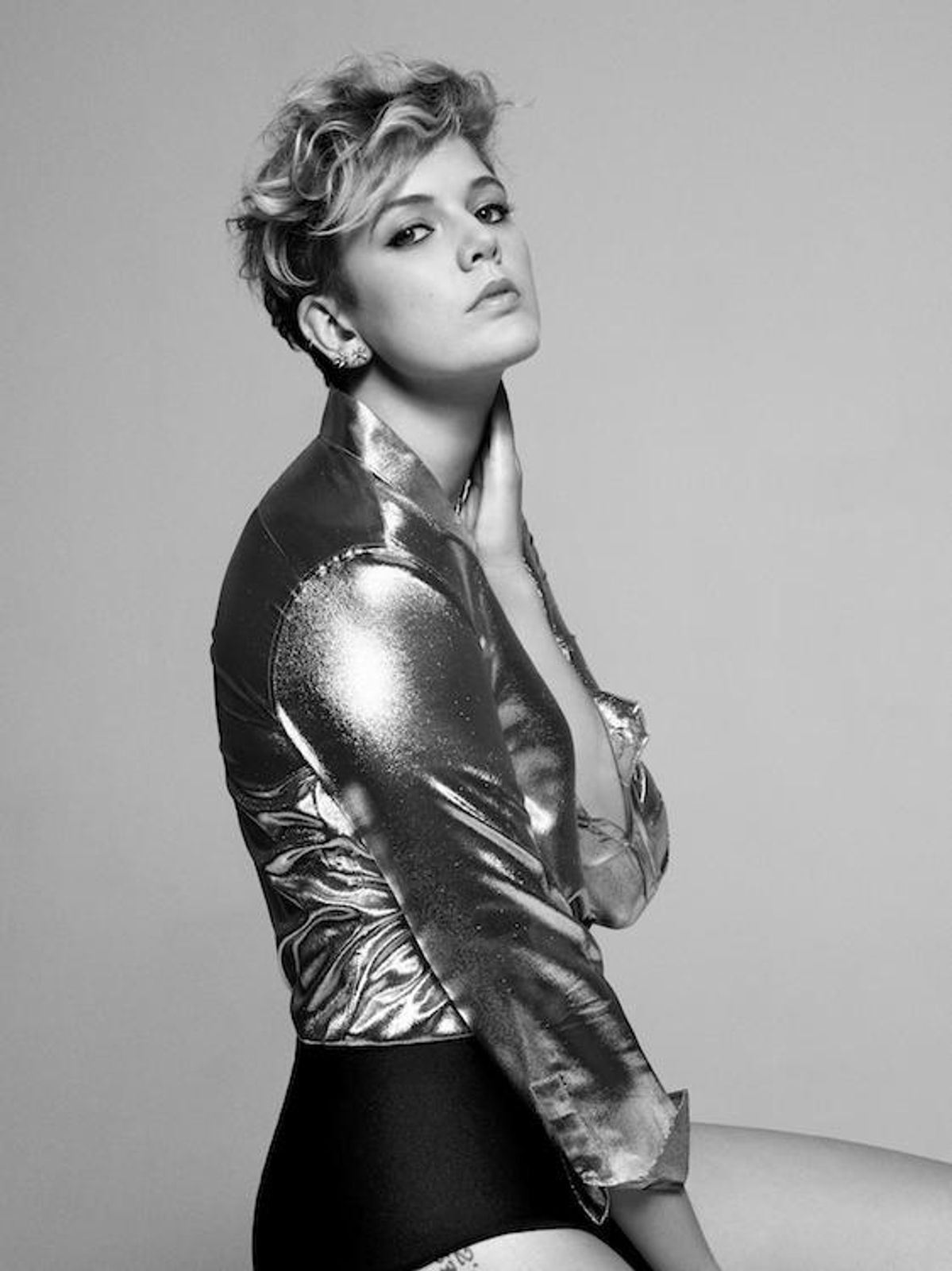


















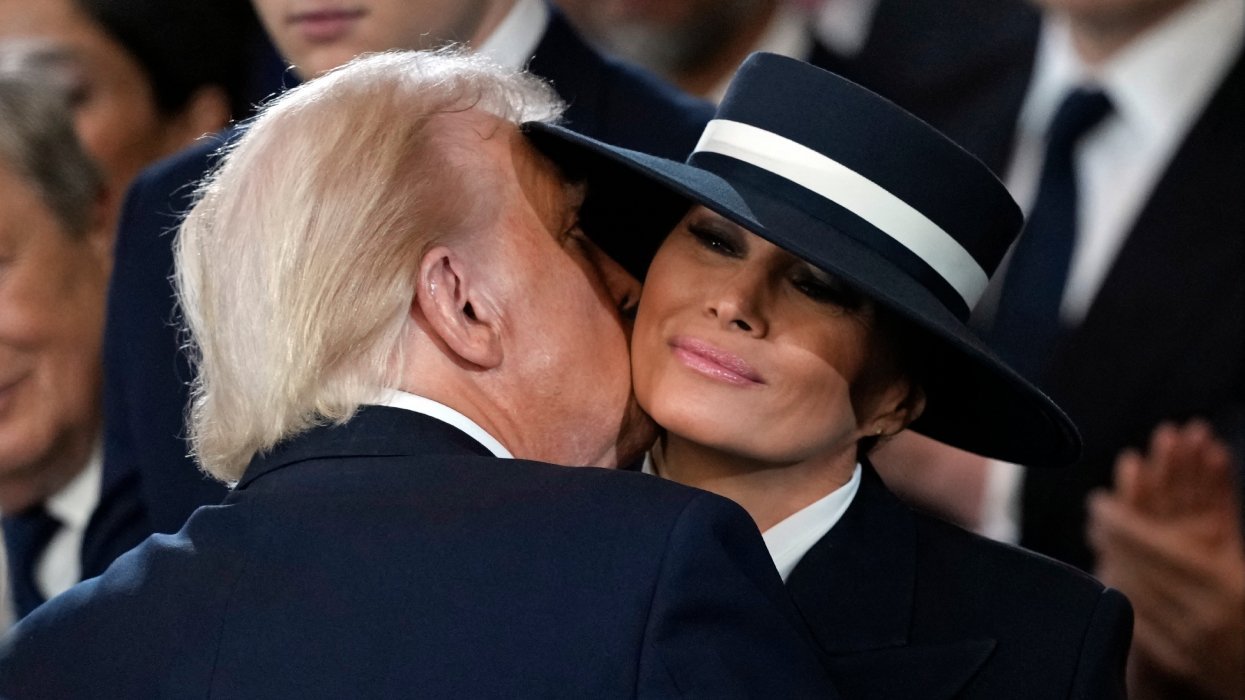


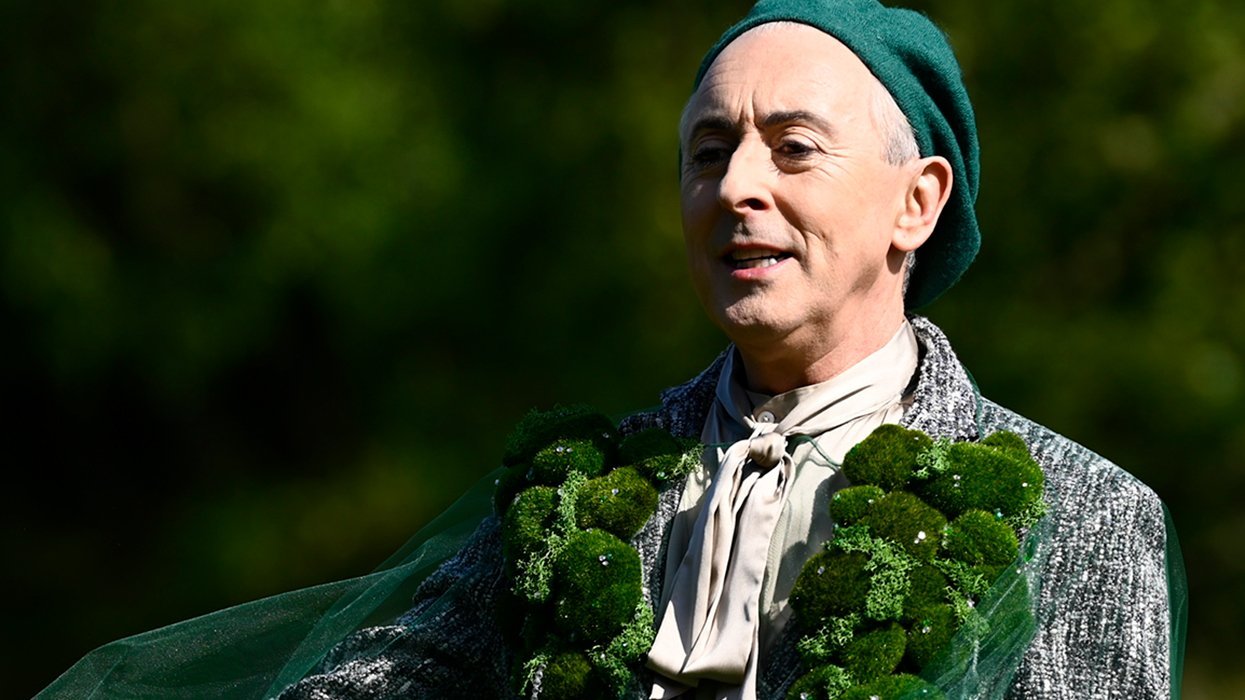
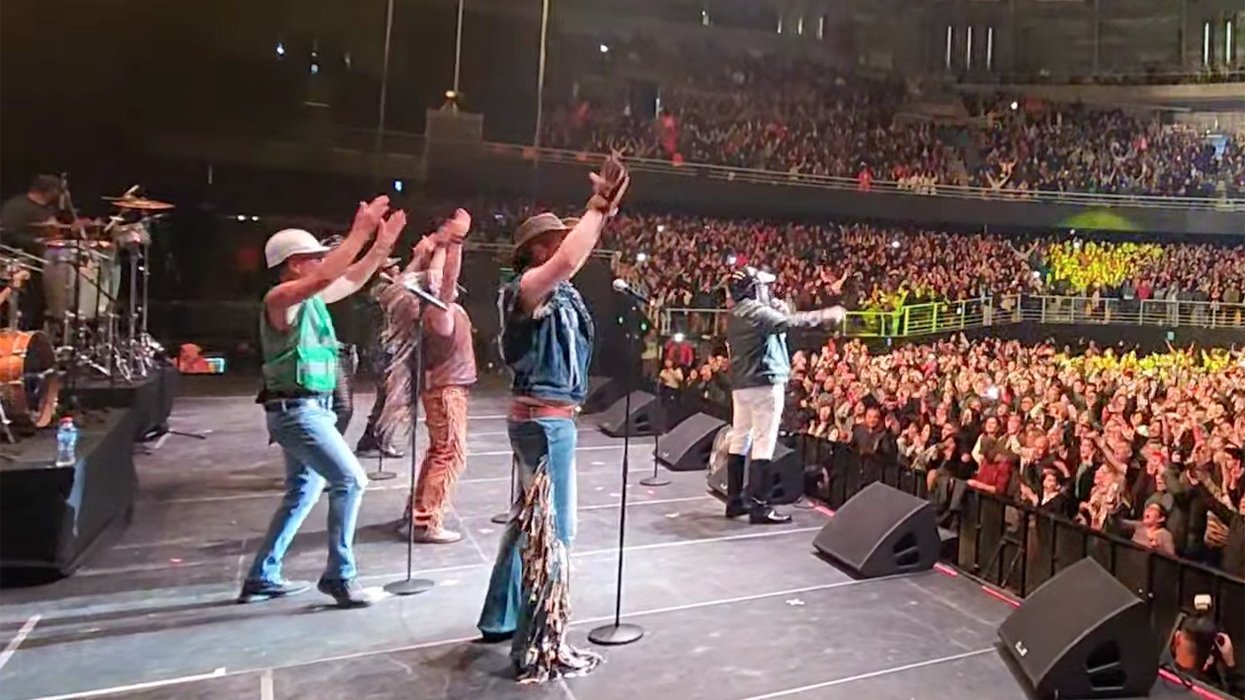

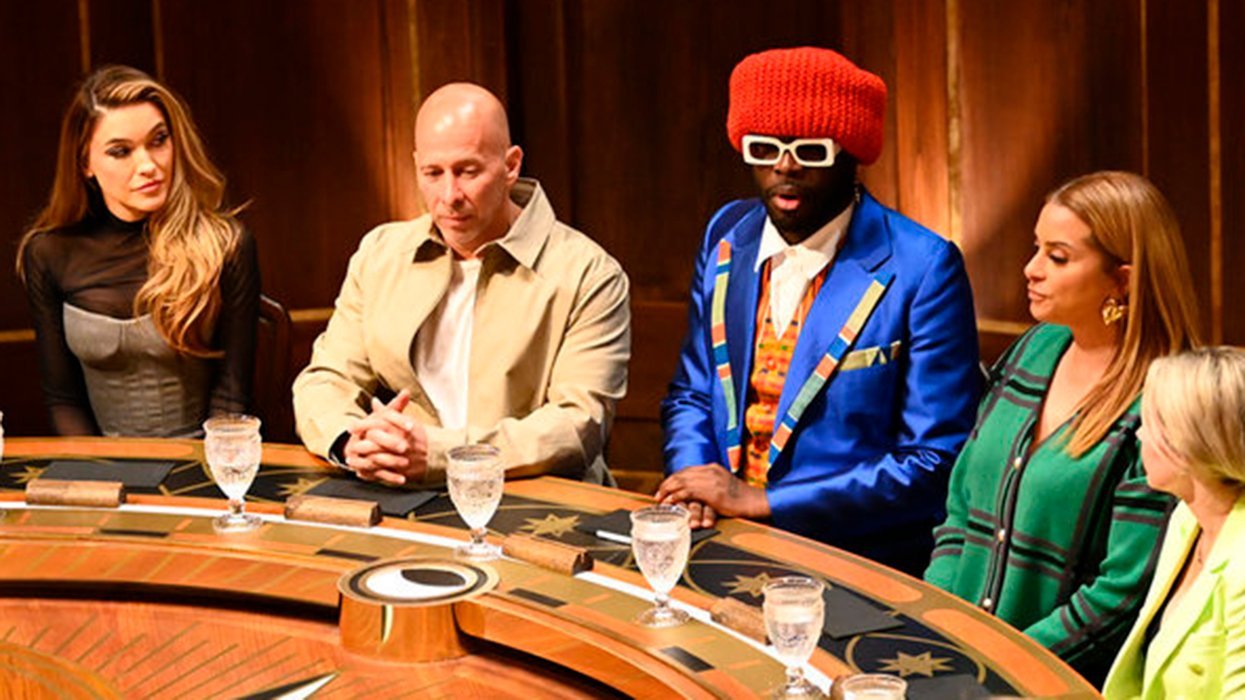
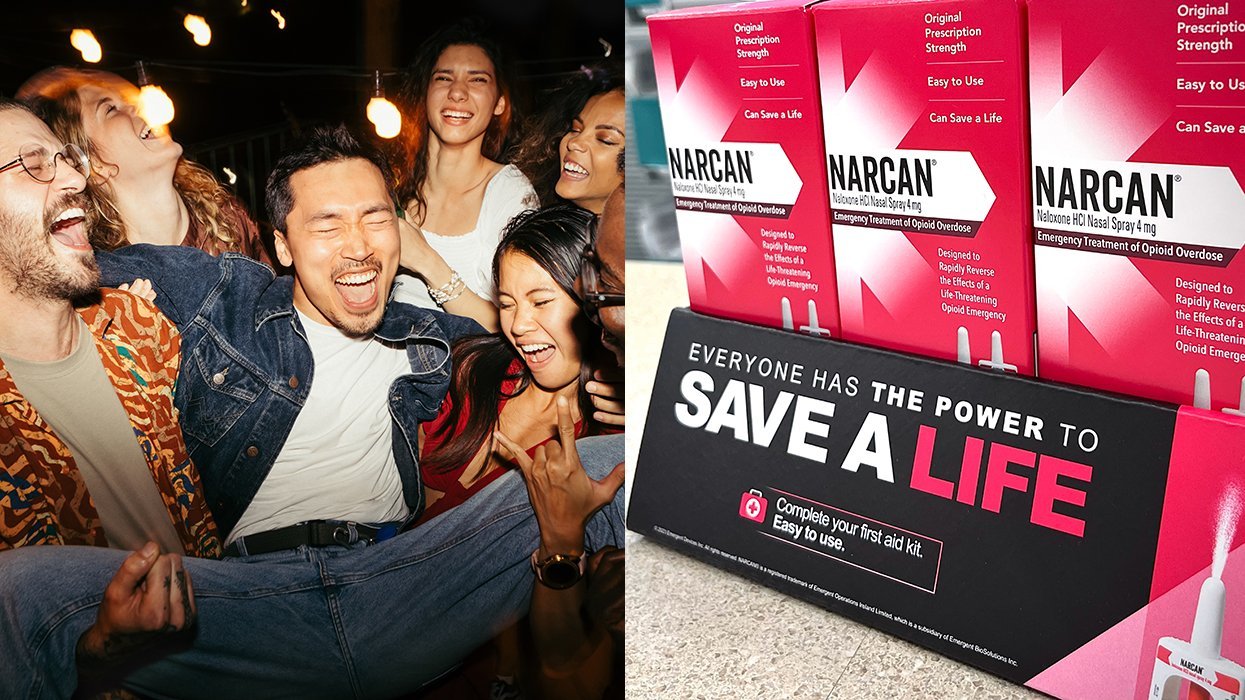
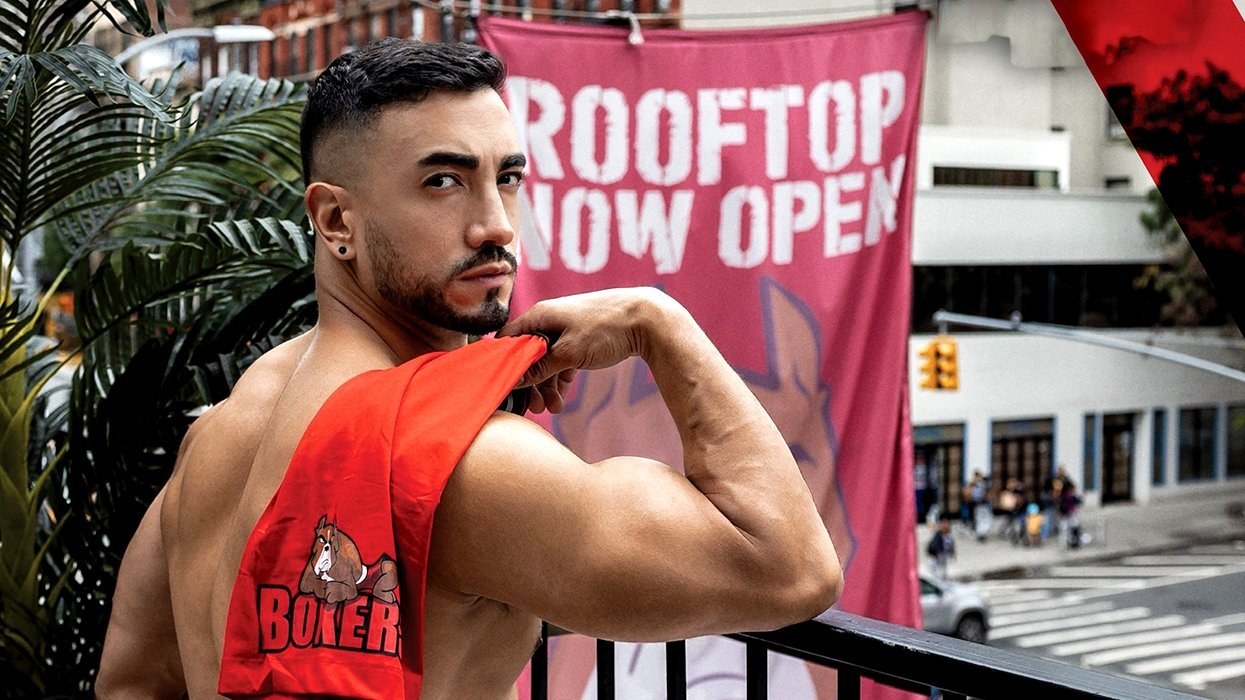
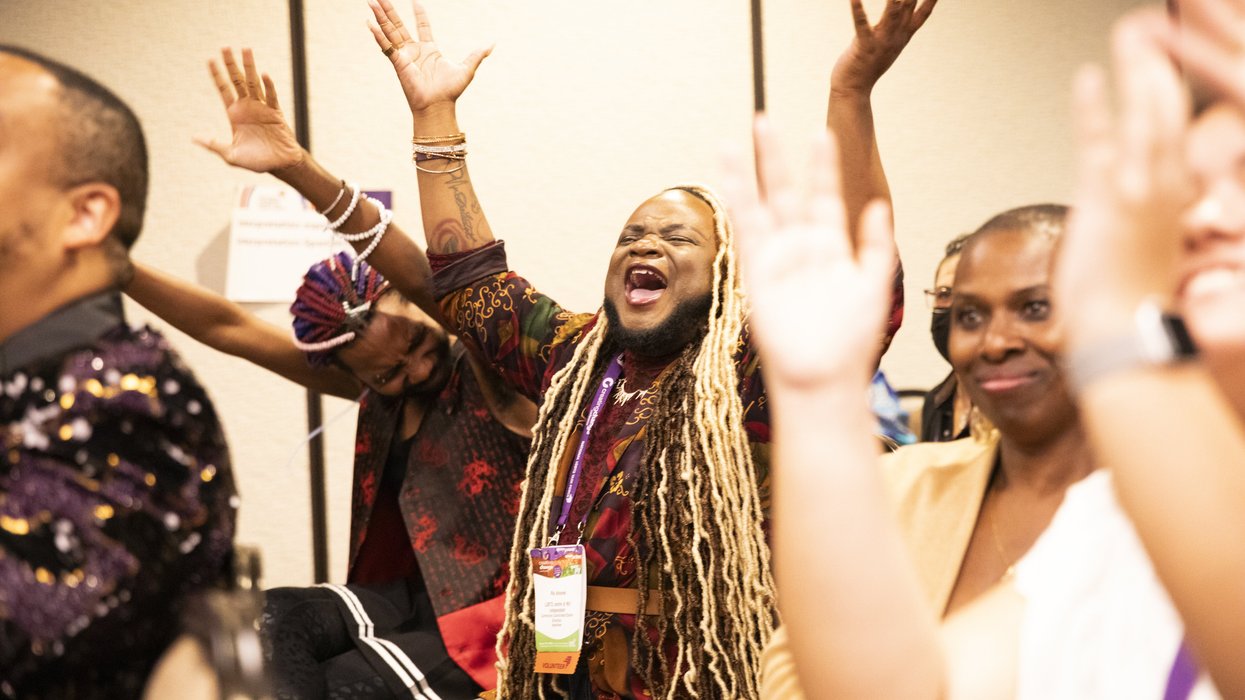
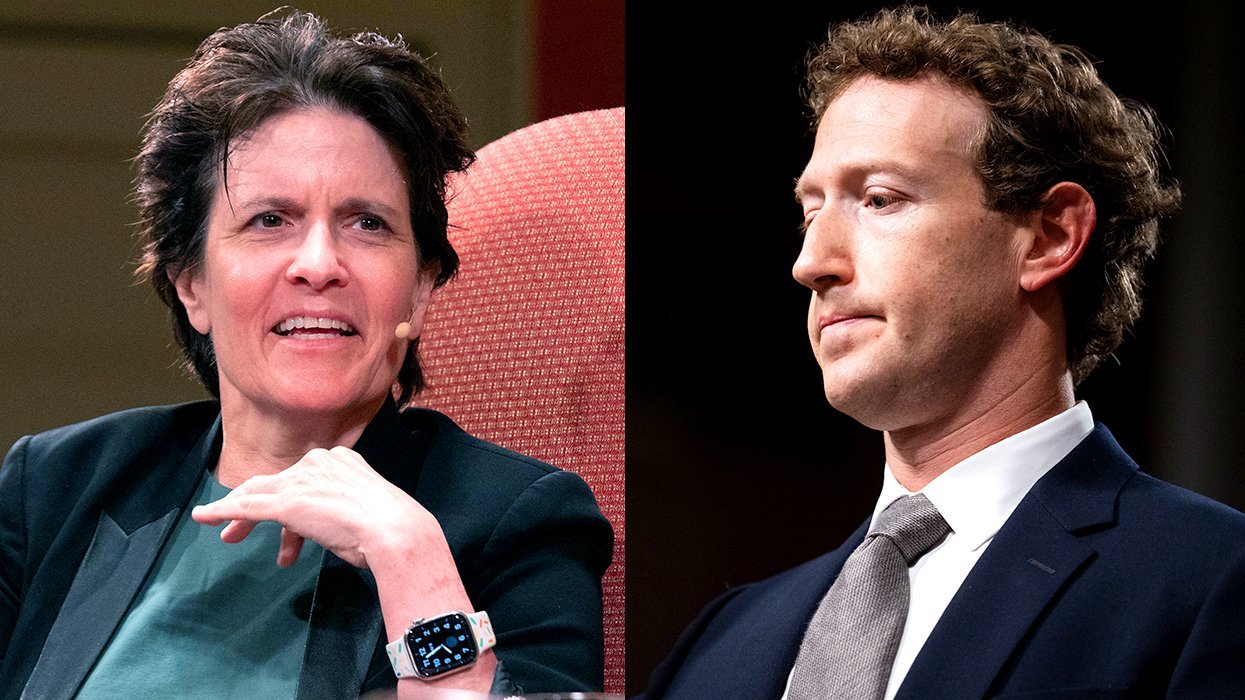
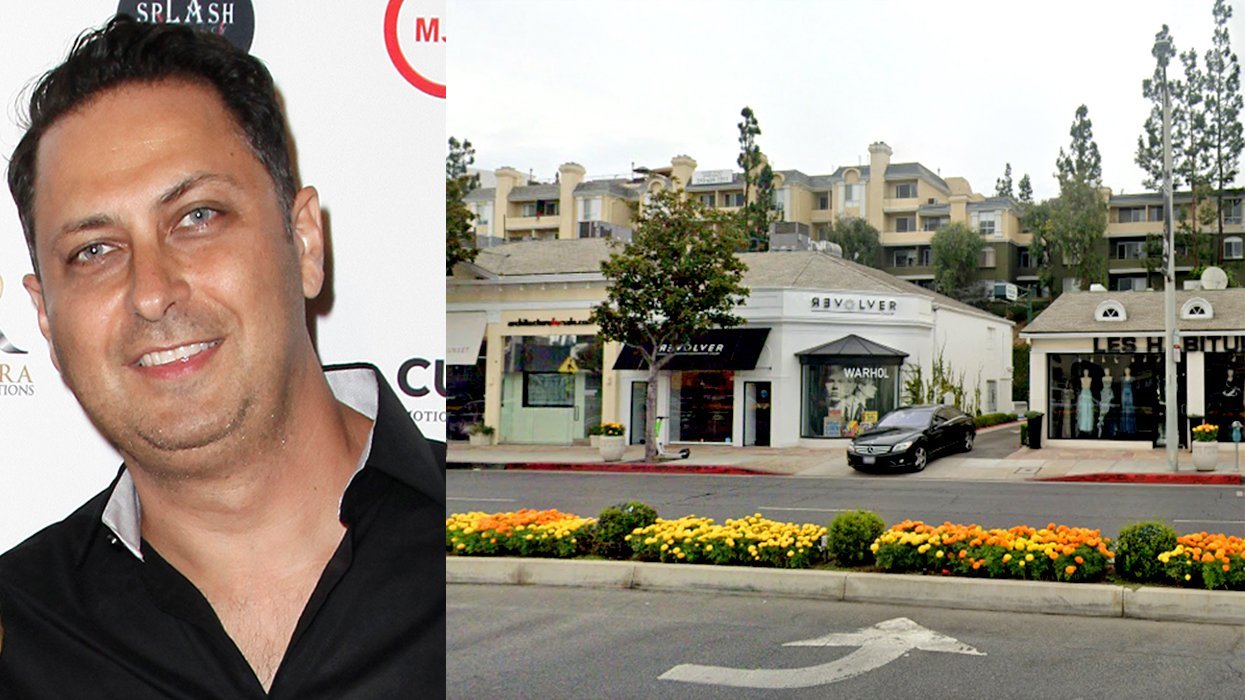
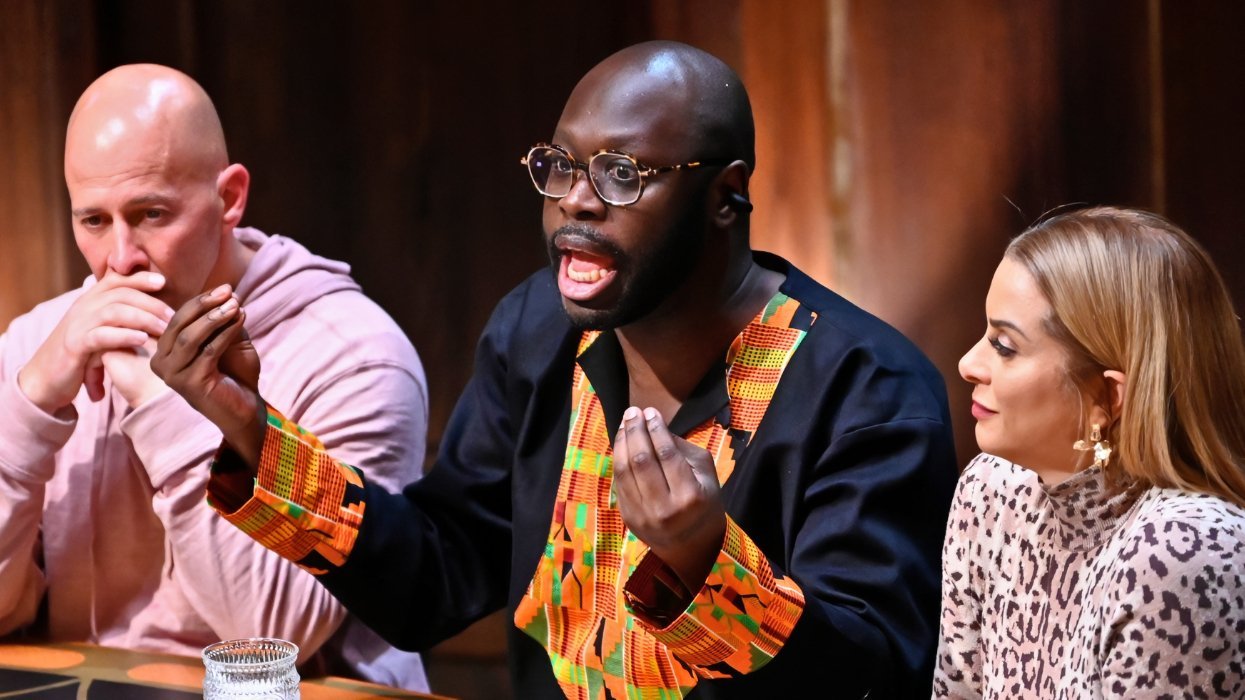
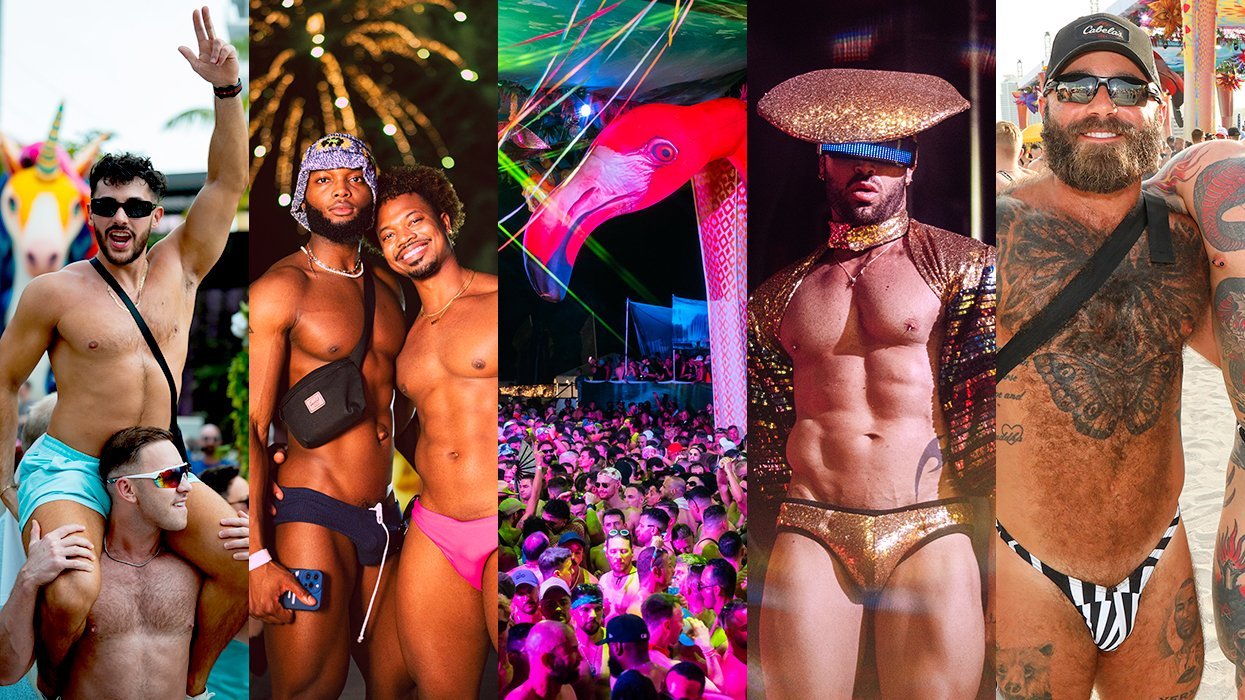


















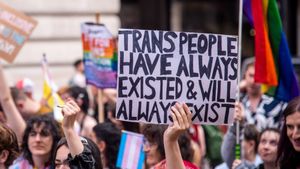

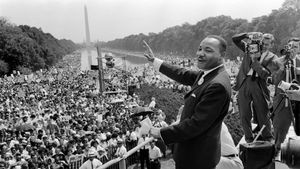




















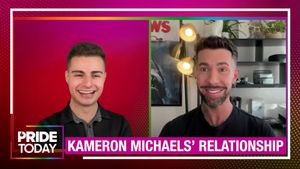









Beware of the Straightors: 'The Traitors' bros vs. the women and gays